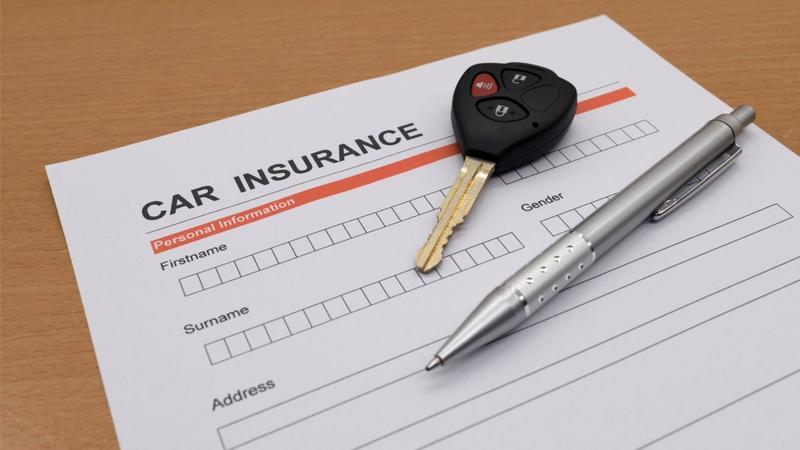When you buy car insurance, it's important to get the right policy for yourself and your family. You want to make sure that you are fully protected if you get into an accident or if your car is stolen or damaged by other means. Of course, let's not forget you'd like to save as much money as possible while still ensuring that you're adequately covered.
Unfortunately, since car insurance isn't something you buy every day, many people are unfamiliar with the process and don't know which questions to ask to give them the best coverage at the cheapest price.
Here is a list of the 5 most common mistakes that people make when choosing a car insurance policy.
1. Failure to shop around.
It's worth repeating, since not all insurance companies are created equal. Some insurance companies may offer discounted prices, but lousy service. Others may offer good service, but the policy may stretch your budget. Not to mention that you will undoubtedly feel more comfortable with some insurance agents than others. It's very important for you to be comfortable with your policy and level of protection. Call or visit several companies, or better yet, go with an insurance broker who can recommend the best coverage from a wide variety of insurers. The quickest and easiest option is to do a car insurance quote online with a company like InsuranceHotline.com where you can get the five lowest quotes from insurers in your area while comparing the rates from over 30 insurance companies.
2. Not getting enough coverage.
It's tempting to try to save money by getting a minimum level of coverage, but this can come back to haunt you if you get in an expensive accident, particularly if there is personal liability involved. It comes down to personal comfort level, but this is a situation where it is much better to be safe than sorry. Be sure that you have at least the minimum coverage that your agent or broker recommends.
3. Not informing your insurance company of major changes.
You need to keep your insurance company informed if there are significant changes to your vehicle or the way you use it. For example if you add another driver of vehicle, such as a child or someone else living with you, you need to inform your insurance company immediately. You also need to let your insurance company know as soon as possible if you are in an accident or your car is stolen.
Also, inform your insurance provider if there is a significant change in the value of your car, such as making major upgrades or customizing your vehicle.
Finally, let your insurance company know if there is a major change in the way you use your vehicle, such as using it for business purposes or significantly changing the number of kilometres you drive in the course of a year.
4. Not paying your premiums on time.
If you fail to pay your insurance premiums on time, you risk having your insurance policy canceled. Usually you will get a notice in the mail that you premium is past due, but don't rely on this. If you don't pay your premiums, your policy can be canceled and you will have a more difficult time finding insurance with another company once you have a canceled policy on your record. It's best to set up a pre-authorized withdrawal from your bank account so that you won't forget and your premiums will always be paid on time.
5. Not knowing your policy.
When you finally decide on an insurance policy, make sure you know exactly what is covered and what is not. This is very important. You don't want to assume you're covered for a particular peril and then find out you don't have the coverage you need. Many people just sign their policy on the bottom line without reading and understanding exactly what it is that they're signing.
As with anything, knowledge is power when it comes to buying auto insurance in Canada. If you're in any doubt, make sure you get answers to your questions before you sign your policy. Knowing that you're properly covered gives you peace of mind and allows you to sleep well at night and concentrate on the areas of your life that are most important.
